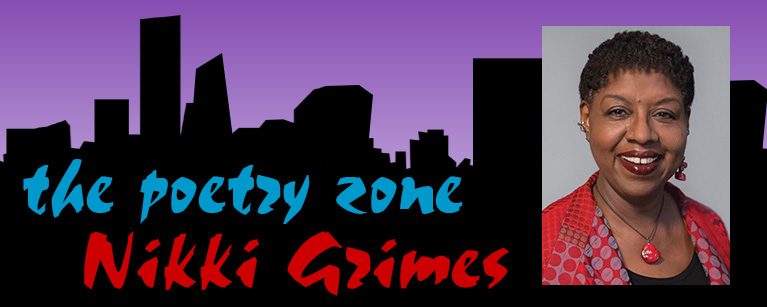Wordsmithing 101
Writing is a lonely business.
We all want to make our writing the best it can be and, to that end, we all need advice from time to time. A community of writers helps to provide that. From now on, I want to be part of your community.
On this page, you’ll find tips on writing and editing. Use what you can to strengthen your own writing. If you work diligently, there’s a good chance we’ll end up sitting side by side autographing books someday!
Here’s my writing advice:

Historical Fiction
Have you ever tried your hand at historical fiction? I’m wrestling my way through such a manuscript, right now. I’ve dabbled in this before, having written fictional treatments on the life of historical and biblical characters in Talkin’ About Bessie, Portrait of Mary, Dark Sons, and A Girl Named Mister. The literary biography or work of historical fiction can be wonderful genres, especially for those writers who, like myself, are character-driven rather than plot-driven. When you base a story on one or more historical events, or on the biography of a real person, you already have a core-plot on which to build. Of course, you still have to do the grueling work of extending that plot, establishing your own point of view in that story, and pacing the story so that it crackles with as much energy and drama as the actual life or event once did.
A work of historical fiction also requires that you fill in the day-to-day, moment-by-moment details that a dry, bare-bones chronicle of the event invariably leaves out. You must, in a sense, re-imagine the event in your mind, as if it were happening right now. Why? Because, if you don’t, you have no hope of bringing the story to life for your readers.
The idea of historical fiction may be simple, but the work of creating it is far from easy. This work, of course, begins with research. More on that topic in the coming months.
Later.



